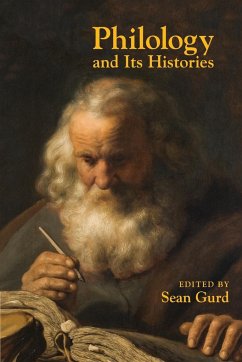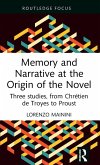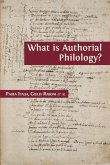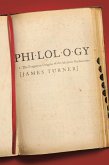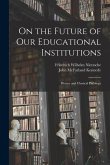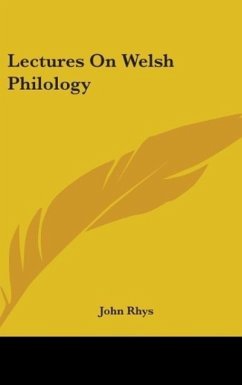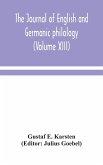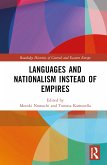There has never been any shortage of interest in philology, its status, its history, or its origins. Today, after more than twenty years of serial "returns to philology" under the banner of deconstruction, the new medieval studies, critical bibliography, and a particular kind of globally aware activist criticism, philology has again become available as a respectable posture for contemporary literary scholars. But what is "philology," and how can we attend to it, either as a contemporary practice or as an age-old object of endorsement and critique? In this volume, edited by Sean Gurd, noted scholars discuss the history of philology from antiquity to the present. This book addresses a wide variety of authors, documents, and movements, among them Greek papyri, Latin textual traditions, the Renaissance, eighteenth-century antiquarianism, and deconstruction. It is too easy to see philology as the bearer of an antiquated but forceful authority. When philologists take up the tools of textual criticism, they contribute to the very form of texts; seeking to articulate the protocols of correct interpretation, they aspire to be the legislators of reading practice. Nonetheless, Philology and Its Histories argues that philology is not a conservative or ideologically loaded master-discourse, but a tradition of searching, fundamentally ungrounded, dealing with the insecurity of questions rather than the safety of answers. For good or ill, philology is where literature happens; we do well to pay heed to it and to its changes over the course of millennia.
Hinweis: Dieser Artikel kann nur an eine deutsche Lieferadresse ausgeliefert werden.
Hinweis: Dieser Artikel kann nur an eine deutsche Lieferadresse ausgeliefert werden.

